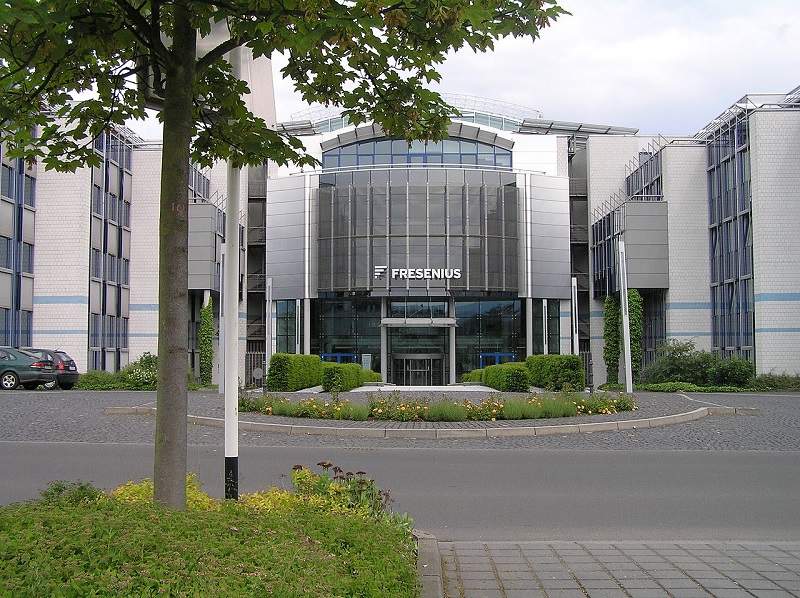
The Delaware Supreme Court in the US has ruled that German health care company Fresenius could legally back out of its acquisition of US-based Akorn.
Fresenius announced its plans to terminate the $4.3bn takeover in April this year. The German company attributed its decision to Akorn’s breach of certain regulatory representations and warranties.

Discover B2B Marketing That Performs
Combine business intelligence and editorial excellence to reach engaged professionals across 36 leading media platforms.
Akorn categorically disagreed with these accusations and filed a case against Fresenius over the termination in July.
In October, the Court of Chancery ruled that Fresenius fulfilled its contractual obligations and acted legally. Akorn then launched an appeal and took the case to the Supreme Court of the US state of Delaware.
Akorn argued that Fresenius failed to carry its material adverse effect (MAE) burden and said the attempt to terminate the deal materially breached its covenants.
However, the Supreme Court upheld the trial court’s decision and said that Fresenius properly terminated the merger agreement. It added that a MAE suffered by Akorn excused Fresenius from closing the merger.

US Tariffs are shifting - will you react or anticipate?
Don’t let policy changes catch you off guard. Stay proactive with real-time data and expert analysis.
By GlobalDataA statement from the Supreme Court read: “Likewise, we conclude that the record adequately supports the Court of Chancery’s declaration that Fresenius properly terminated the merger under §7.01(c)(i) because Akorn’s breach of its regulatory representations and warranties gave rise to an MAE and Fresenius had not itself engaged in a prior, material breach of a covenant that would have prevented Fresenius from exercising its immediate termination right under the merger agreement.”
Following the ruling, Akorn shares dropped by almost 37%.




